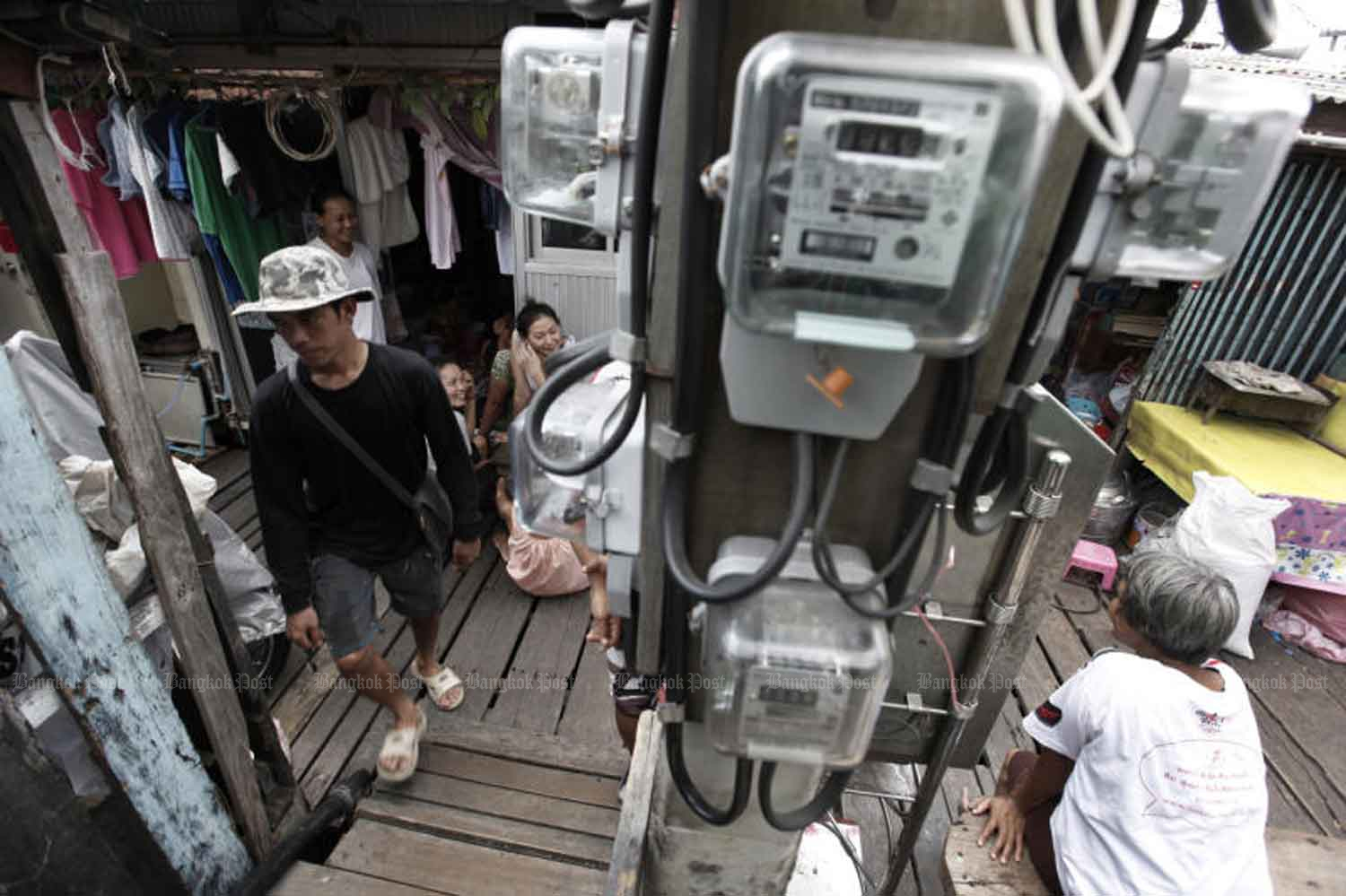
The Energy Regulatory Commission (ERC) has scaled back a huge increase in power tariffs for businesses after they complained to Prime Minister Prayut Chan-o-cha about the impact on their costs.
Instead of rising by 20.5% for the four-month period from Jan 1 to April 30, the new rate will be just 13% higher than it was before, the ERC said on Friday.
Business groups, led by the Federation of Thai Industries, told Gen Prayut earlier that they were worried about production cost increases at a time of global recession and the prolonged Russia-Ukraine war.
The premier subsequently told energy officials to find ways to reduce electricity bills for businesses.
Household power tariffs were left unchanged for the January-April period as authorities wanted to spare consumers from more hardship. But that left businesses to shoulder the full burden of higher fuel and other costs that are factored into electricity bills.
The ERC originally proposed to charge businesses 5.69 baht per kilowatt-hour (unit), a rise of 20.5% from 4.72 baht before.
On Friday it announced the new rate would be 5.33 baht a unit, a 13% increase, following a change in its estimate of natural gas prices, according to an ERC press release.
Higher power tariffs are being driven by a higher fuel tariff (Ft), which is reviewed every four months.
Natural gas makes up 60-65% of the fuel used for electricity generation in Thailand, far more than other sources including coal and renewable energy.
The country has been importing more costly liquefied natural gas (LNG) following a decline in supplies of cheaper natural gas from the Gulf of Thailand.
The commission earlier estimated the natural gas price at 493 baht per metric million British thermal units (MMBTU) but later revised it down to 466 baht, leading to a lower Ft rate.
It also agreed to adjust its diesel price estimate to 28.22 baht per litre, down from 31.90 baht.
Also factored in is the estimated foreign-exchange rate, which has been reduced from 37 baht per US dollar to 35.68 baht.
The new calculation resulted in a reduction of the Ft rate for businesses to 1.5492 baht per unit, from the previous estimate of 1.9044 baht.
The power tariff for households is 4.72 baht per unit and the Ft is 0.9343 baht.
Other measures to keep a lid on power tariffs include using cheaper fuels like coal to produce electricity. The country may delay the decommissioning of its lignite-fired power plants, according to the ERC.
Deputy Prime Minister and Energy Minister Supattanapong Punmeechaow said authorities will try to better manage the fuels used by power plants for electricity generation.
Cheaper fuels will receive the first priority for usage, he said.